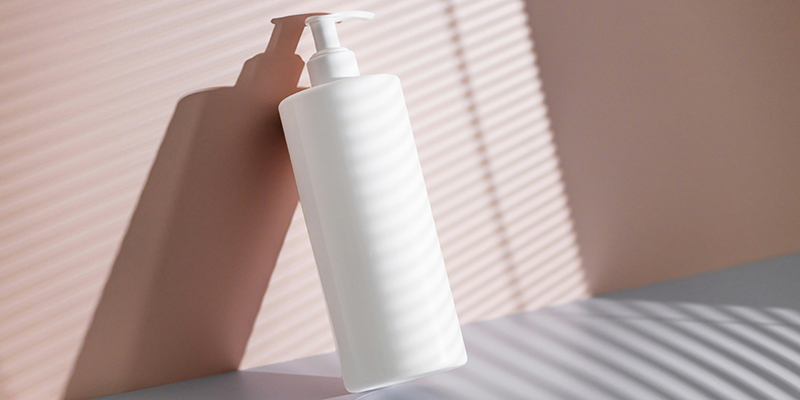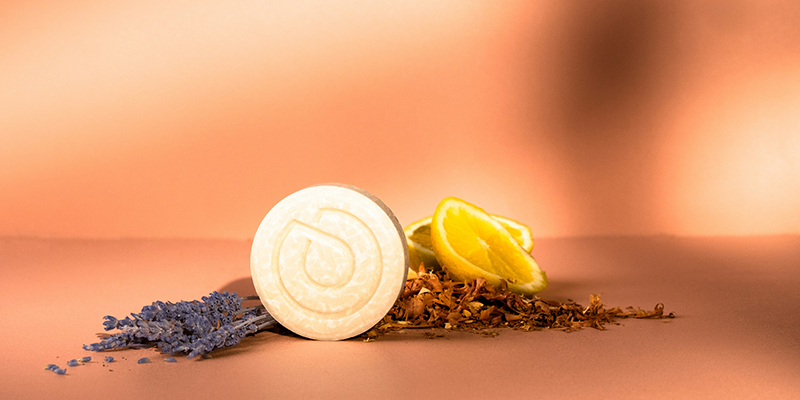What Do CNA Online Courses Include?
5 Warning Signs You May Be Using The Wrong Skincare Products—Don’t Ignore Them!
Hey there! Let’s talk about skincare, which we all care about, right? Picking the right products for your skincare can feel like a game of roulette; you either hit the jackpot or end up with a disaster! Ignoring your skin’s cues can lead to all sorts of issues down the line. So today, we’re diving into five warning signs that indicate you might be using the wrong skincare products.
Hey there! Let's talk about skincare, which we all care about, right? Picking the right products for your skincare can feel like a game of roulette; you either hit the jackpot or end up with a disaster! Ignoring your skin's cues can lead to all sorts of issues down the line. So today, we're diving into five warning signs that indicate you might be using the wrong skincare products.
Trust me, your skin will thank you!
Understanding Your Skin Type
Before we even get into the nitty-gritty details, let's take a moment to understand that not every product is created equal, thanks to our unique skin types. Here's a quick lowdown:
Oily: Shiny and prone to breakout.
Dry: Flaky, tight, and often itchy.
Combination: Mixed bag; some oily spots and some dry patches.
Sensitive: Reactive to products with a tendency to redden to itch.
Importance Of Knowing Your Skin Type
Identifying your skin type is like having a roadmap for your skincare journey; it guides you toward the right products that suit you and helps avoid mishaps.

Warning Signs 1: Increased Breakouts
What Causes Breakouts?
Let’s kick off with a common issue—breakouts! If you suddenly find yourself dealing with a pimple party, it could be your products throwing a rager on your face. Breakouts can stem from over-clogged pores due to heavy creams or even products that contain harsh chemicals.
How to Identify Product-Related Breakouts
Keep an eye out for the timing. Did you start a new serum or moisturizing? More often than not, the culprit lies in your recent purchase!
Warning Sign 2: Dryness or Flakiness
Why Do Some Products Dry Out Your Skin?
Now, let’s shine a light on dryness. If your skin feels more parched than a desert, that’s a big red flag! Some products strip your skin of its natural oils, leaving it high and dry—pun intended!
Differentiating Skin Conditions
Flakiness can stem from both climate effects and product usage. An astute eye can help distinguish between seasonal dryness and product-intended flakiness. So grab a mirror; we need to investigate!
Warning Sign 3: Redness and Irritation
Common Causes Of Redness
Redness or irritation can put a damper on your day. This inflammation can result from using products with ingredients that are just too harsh for your sensitive skin. And let’s be real—nobody wants to walk around like a tomato!
When To Seek Professional Help
If you're experiencing chronic irritation, it might be time to consult a professional. Your skin could be signalling that something's severely amiss.
Warning Sign 4: Unusual Oiliness
Understanding the Over-Production of Sebum
Is your face shining like a disco ball when it didn’t before? Unusual oiliness can signal that your skin is overcompensating due to the wrong products.
Identifying Products that Contribute To Excess Oil Many moisturizing products can clog pores, causing your skin to produce more oil. Ironically, the products designed to help you may be harming you!
Warning Sign 5: Allergic Reactions
Symptoms To Look Out For
Last but definitely not least, allergic reactions are a serious no-no. Hives, itching, burning
sensations—you name it, these symptoms scream “STOP USING THIS”
Importance Of Patch Testing
Getting into a new product without patch testing is like jumping into a pool without checking the water temperature. Always do a test run!
The Importance Of Ingredient Awareness
Common Harmful Ingredients To Avoid
Knowing what’s inside your products can make or break your skincare journey. Ingredients like paraben and sulfates can cause all sorts of havoc on your skin.
How To Read Product Labels
Become a label detective! Learn how to decipher what each ingredient does—your skin will thank you later.

Tips For Choosing The Right Skincare Products
Researching And Testing Products
Research is key. Try sampling products whenever possible before committing to a full-size purchase. Your wallet (and your skin) will appreciate it!
Consulting With Skincare Professionals
Consider consulting a dermatologist or skincare specialist. Think of them as your skincare GPS—helping you navigate this complex world of products.
The Benefits Of A Tailored Skincare Routine
Understanding Personalized Skincare
A tailored routine can work wonders. Tailoring your regimen based on your skin’s needs can lead to healthier, happier skin.
Long-Term Skin Health
Opting for a personalized approach can greatly improve your skin’s long-term health. It’s like finding that perfect, comfortable pair of shoes that you can wear for years!
When To Change Your Skincare Products
Signs It’s Time For A Change
If one or more of the warning signs resonates with you, it’s probably time for a change. Your skin evolves, and so should your skincare products.
Making The Switch Gracefully
Take baby steps when transitioning to new products. Going from one extreme to another can cause all sorts of messines—let’s avoid that.
Going from one extreme to another can cause all sorts of messiness—let's avoid that!
FAQs
Q1: What should I do if I notice these warning signs?
Start by ceasing the use of any new products and assess your overall skincare routine.
Q2: How do I determine my skin type?
You can determine your skin type by observing how your skin behaves throughout the day.
Q3: Are natural skincare products always better?
Not necessarily. Natural doesn't always mean safe; read ingredients carefully.
Q4: Can Skincare product expire?
Yes! Always check expiration dates and be wary of products that change texture or smell.
Q5: Should I consult a dermatologist regularly?
Yes, it's a good practice to check in with a dermatologist, especially if your skin changes.










